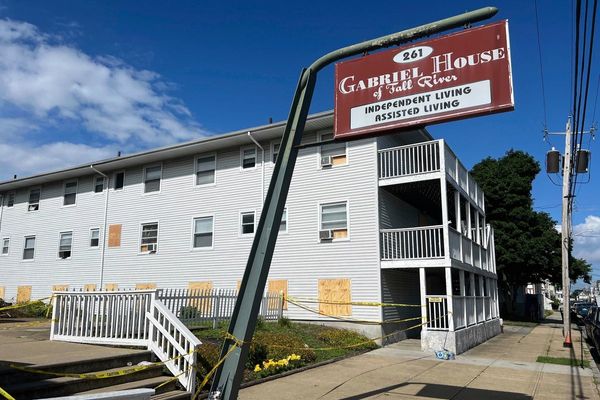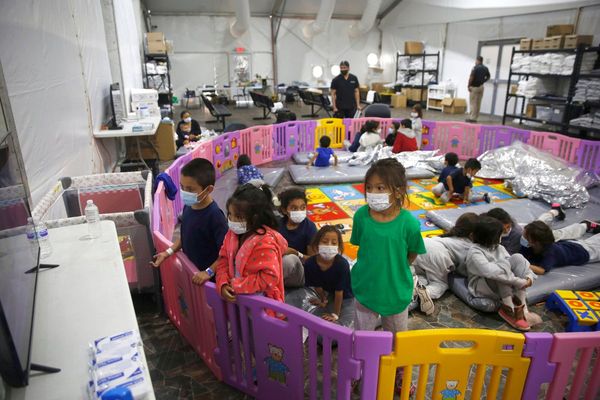
Luckin Coffee surpassed Starbucks (NASDAQ:SBUX) as the largest coffee chain in China in 2023. Now, it's setting its sights on the U.S.
Luckin opened its first U.S. store in New York City's East Village neighborhood earlier this spring. As of this month, the company has five locations across the city.
Luckin stores operate without cashiers, requiring customers to place orders through the company's mobile app. Their prices are on par with Starbucks, CNBC reports, but the app often offers consumers discounts between 30% and 50%, making Luckin drinks significantly cheaper than competitors'.
Don't Miss:
- They Sold Their Last Real Estate Company for Nearly $1B — Now They're Building the Future of U.S. Industrial Growth
- If there was a new fund backed by Jeff Bezos offering a 7-9% target yield with monthly dividends would you invest in it?
However, experts are warning that this business model isn't sustainable. Luckin stores, they say, are operating at a loss due to current pricing levels and sales volume.
Equity research firm Bernstein told CNBC it found that the estimated monthly overhead of a Luckin store was around $92,000, while the estimated revenue of a single location was around $85,000 a month. In order to break even, the firm says, stores would need to double their daily order volumes.
Bernstein senior restaurants analyst Danilo Gargiulo compared Luckin's operating model to that of Starbucks.
"Starbucks is always striving to be profitable on a single occasion… Usually, trying to target a minimum of 15% margin per store is our estimation," he told CNBC. "In the case of Luckin, the idea is I want to grow in awareness. I want to make sure that the brand gets recognized on a national basis, even though at the beginning, this means that I might need to be suffering from some smaller losses on a per store basis."
Trending: 7 Million Gamers Already Trust Gameflip With Their Digital Assets — Now You Can Own a Stake in the Platform
While Luckin hopes its lower prices will eventually pay off and attract enough consumers to make it profitable in the U.S., Starbucks is trying to capitalize on its reputation as a premium brand.
"I do believe we are a premium brand, and I do believe you get a premium experience with the green apron service model and what we're doing to our coffee houses to give people that coffee house experience again," Starbucks CEO Brian Niccol told CNBC. So, I think we're priced correctly right now, and I like our competitive position."
"Starbucks is a premium brand," Bernstein's Gargiulo told CNBC. "By issue of being a premium brand, you attract consumers that, on average, tend to be a little more price insensitive, a little bit less attracted by discount, and so they can protect their margins a little bit better than a company that is mostly known for its discount models."
Read Next:
- Microsoft's Climate Innovation Fund Just Backed This Farmland Manager — Accredited Investors Can Join the Same Fund
- The ECG Hasn't Changed in 100 Years — This AI Upgrade Could Help Detect Heart Disease Years Earlier
Image: Shutterstock







